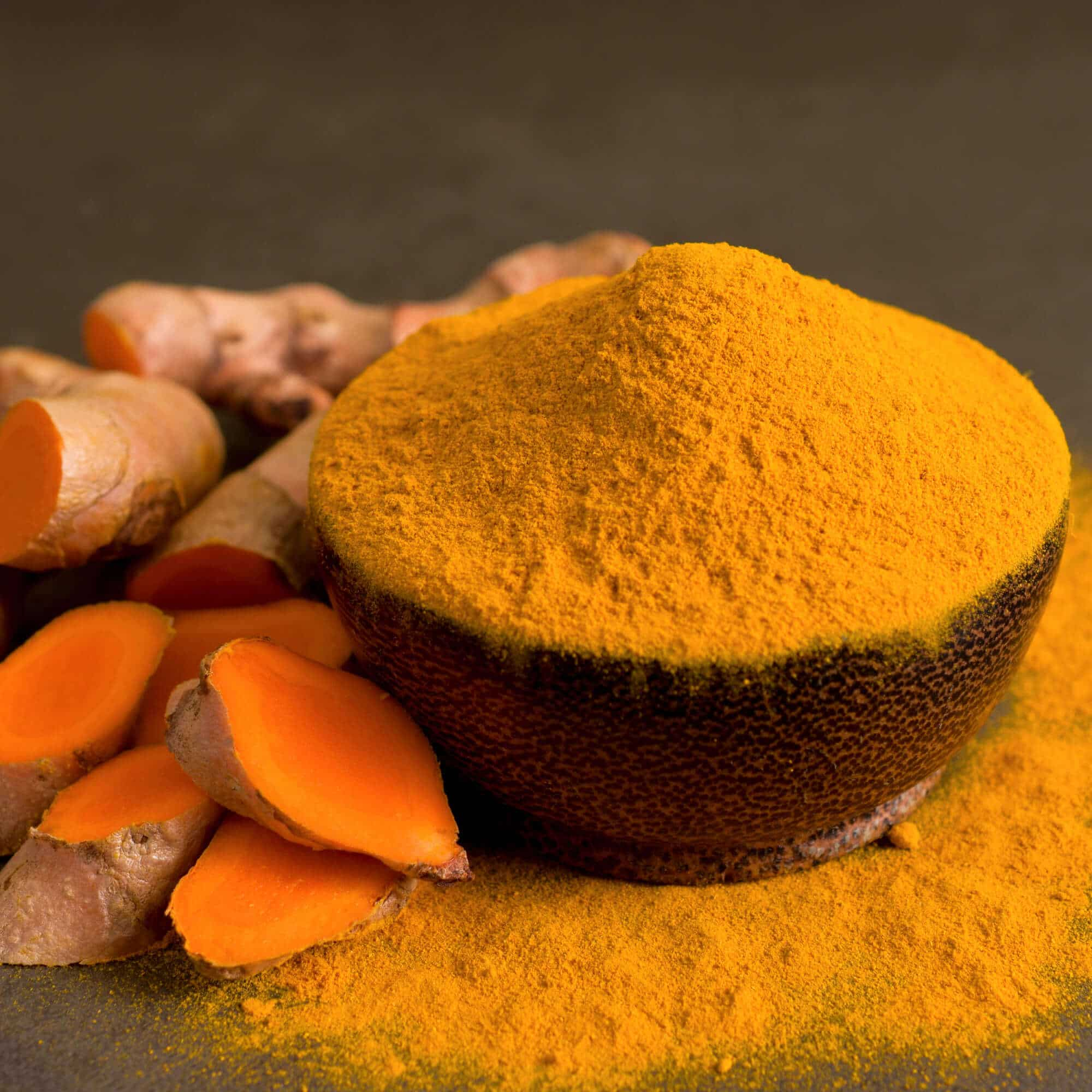Cancer, which is caused by faulty genes, kills about 7.5 million people globally each year, according to the World Health Organisation (WHO).
Doctors hope for a heavenly replacement for the dreaded chemotherapy
MUMBAI: Cancer, which is caused by faulty genes, kills about 7.5 million people globally each year, according to the World Health Organisation (WHO).
But the good news is, drugs which rectify the faulty genes —- and which can be used to treat breast, skin, prostate, and brain cancers —- would be introduced in India by 2014-15.
About 80-90% of all cancers are caused by faulty genes or deficiency of a particular type of gene, says oncologist V Nair from Apollo Hospital, New Delhi.
“Gene therapy is a multi-pronged approach which might help to a large extent in controlling the disease. 80% of breast and ovarian cancers are due to faulty genes,” says gynaecologist Ranu Patni of Fortis Escorts Hospitals, Jaipur.
Gene therapy works like this: The lack of a gene called MSP36 is believed to cause breast and prostrate cancer.
To correct this, a virus is genetically engineered with the MSP36 gene and introduced in the body of the patient through a drug.
The gene produces a protein, also called MSP36, which stops blood vessels around the cell from being formed.
“This cuts nutrition supply to the cells, which then can’t multiply and die out,” explains Sanjeev Saxena, chairman and CEO of Actis Biologics Pvt Ltd, the biotechnology company that is currently conducting the lab tests for such drugs.
For skin and brain cancers, the virus is infused with a gene called IL21, and introduced in the patient’s body.
This stops random multiplication of the cancer cells, and simultaneously increase the immunity of the cells to produce proteins such as MSP36 that can kill the cancer cells, says Saxena.
“Lab tests are proving our assumptions and we hope the same would happen with the clinical trials also.”
It would take six to seven years for the drugs to hit the Indian market, after going through animal and human trials, according to experts.
The delivery of such gene therapy drugs could be through injections, inhalers or intravenously.
The biggest advantages of such drugs is that they eliminate the dreaded chemotherapy, which has manifold side effects.
Gene therapy treatment comprises just about a week or so of hospitalisation, and about two to three doses of the viral medication.
That would mean lower hospitalisation costs.
Comparatively, chemotherapy is a six-month-long course taken with an interval of 21 days. It also needs to be repeated depending on the stage of the cancer, says Patni.
Gene therapy drugs also eliminate the risks of side effects such as kidney damage and hearing impairment that are the result of platinum-induced chemotherapy.
The potential for gene therapy drugs for oncology —- or cancer treatment —- is tremendous. The worldwide market for skin and brain cancer is estimated to be $2 billion, while that for breast and prostrate cancer is $3-4 billion.
Actis, which is investing approximately $80 million, is planning to manufacture the gene therapy drugs and give their marketing rights to multinationals such as Merck &Co, Pfizer, Novartis, GlaxoSmithKline.
Actis is manufacturing the gene therapy drugs via a patented technology, for which it has exclusive rights from its inventors Sam Lee and Patrick Woo.
Shenzhen SiBiono Genetech Ltd, a Chinese biotech company, had introduced gene therapy-induced cancer drugs called Gendicine in China in 2003. But the treatment is currently available only in that country.
Apart from Actis, another biotechnology company, the Maryland, US-based Virxsys Corporation, is also developing gene therapy drugs for oncology.
Novartis and Genzyme, too, have programmes in the initial stages, but these are not for treatment of cancers.
Will the drug reach where it should and when they should? There is scepticism.
“It would take really long, even after the drugs have been introduced for them to reach the masses,” says Apollo Hospitals’ Nair.
Then the cost of the treatment is not clear year. For example, the Chinese brand Gendicine costs approximately $20,000 for a two-month course.
Actis’ Saxena says it is still too early to put a final figure to that.
g_priyanka@dnaindia.net
![submenu-img]() Mukesh Ambani’s daughter Isha Ambani’s firm launches new brand, Reliance’s Rs 8200000000000 company to…
Mukesh Ambani’s daughter Isha Ambani’s firm launches new brand, Reliance’s Rs 8200000000000 company to…![submenu-img]() Sonali Bendre says producers called her 'too thin', tried to ‘fatten her up' during the 90s: ‘They'd just tell me...'
Sonali Bendre says producers called her 'too thin', tried to ‘fatten her up' during the 90s: ‘They'd just tell me...'![submenu-img]() Heavy rains in UAE again: Dubai flights cancelled, schools and offices shut
Heavy rains in UAE again: Dubai flights cancelled, schools and offices shut![submenu-img]() When 3 Bollywood films with same story released together, two even had same hero, all were hits, one launched star kid
When 3 Bollywood films with same story released together, two even had same hero, all were hits, one launched star kid![submenu-img]() Gautam Adani’s firm gets Rs 33350000000 from five banks, to use money for…
Gautam Adani’s firm gets Rs 33350000000 from five banks, to use money for…![submenu-img]() DNA Verified: Is CAA an anti-Muslim law? Centre terms news report as 'misleading'
DNA Verified: Is CAA an anti-Muslim law? Centre terms news report as 'misleading'![submenu-img]() DNA Verified: Lok Sabha Elections 2024 to be held on April 19? Know truth behind viral message
DNA Verified: Lok Sabha Elections 2024 to be held on April 19? Know truth behind viral message![submenu-img]() DNA Verified: Modi govt giving students free laptops under 'One Student One Laptop' scheme? Know truth here
DNA Verified: Modi govt giving students free laptops under 'One Student One Laptop' scheme? Know truth here![submenu-img]() DNA Verified: Shah Rukh Khan denies reports of his role in release of India's naval officers from Qatar
DNA Verified: Shah Rukh Khan denies reports of his role in release of India's naval officers from Qatar![submenu-img]() DNA Verified: Is govt providing Rs 1.6 lakh benefit to girls under PM Ladli Laxmi Yojana? Know truth
DNA Verified: Is govt providing Rs 1.6 lakh benefit to girls under PM Ladli Laxmi Yojana? Know truth![submenu-img]() Remember Ayesha Kapur? Michelle from Black, here's how actress, nutrition coach, entrepreneur looks after 19 years
Remember Ayesha Kapur? Michelle from Black, here's how actress, nutrition coach, entrepreneur looks after 19 years![submenu-img]() Remember Heyy Babyy's cute 'Angel' Juanna Sanghvi? 20 year-old looks unrecognisable now, fans say 'her comeback will...'
Remember Heyy Babyy's cute 'Angel' Juanna Sanghvi? 20 year-old looks unrecognisable now, fans say 'her comeback will...'![submenu-img]() In pics: Arti Singh stuns in red lehenga as she ties the knot with beau Dipak Chauhan in dreamy wedding
In pics: Arti Singh stuns in red lehenga as she ties the knot with beau Dipak Chauhan in dreamy wedding![submenu-img]() Actors who died due to cosmetic surgeries
Actors who died due to cosmetic surgeries![submenu-img]() See inside pics: Malayalam star Aparna Das' dreamy wedding with Manjummel Boys actor Deepak Parambol
See inside pics: Malayalam star Aparna Das' dreamy wedding with Manjummel Boys actor Deepak Parambol ![submenu-img]() DNA Explainer: Why Harvey Weinstein's rape conviction was overturned, will beleaguered Hollywood mogul get out of jail?
DNA Explainer: Why Harvey Weinstein's rape conviction was overturned, will beleaguered Hollywood mogul get out of jail?![submenu-img]() What is inheritance tax?
What is inheritance tax?![submenu-img]() DNA Explainer: What is cloud seeding which is blamed for wreaking havoc in Dubai?
DNA Explainer: What is cloud seeding which is blamed for wreaking havoc in Dubai?![submenu-img]() DNA Explainer: What is Israel's Arrow-3 defence system used to intercept Iran's missile attack?
DNA Explainer: What is Israel's Arrow-3 defence system used to intercept Iran's missile attack?![submenu-img]() DNA Explainer: How Iranian projectiles failed to breach iron-clad Israeli air defence
DNA Explainer: How Iranian projectiles failed to breach iron-clad Israeli air defence![submenu-img]() Sonali Bendre says producers called her 'too thin', tried to ‘fatten her up' during the 90s: ‘They'd just tell me...'
Sonali Bendre says producers called her 'too thin', tried to ‘fatten her up' during the 90s: ‘They'd just tell me...'![submenu-img]() When 3 Bollywood films with same story released together, two even had same hero, all were hits, one launched star kid
When 3 Bollywood films with same story released together, two even had same hero, all were hits, one launched star kid![submenu-img]() Salman Khan house firing case: Family of deceased accused claims police 'murdered' him, says ‘He was not the kind…’
Salman Khan house firing case: Family of deceased accused claims police 'murdered' him, says ‘He was not the kind…’![submenu-img]() Meet actor banned by entire Bollywood, was sent to jail for years, fought cancer, earned Rs 3000 crore on comeback
Meet actor banned by entire Bollywood, was sent to jail for years, fought cancer, earned Rs 3000 crore on comeback ![submenu-img]() Karan Johar wants to ‘disinherit’ son Yash after his ‘you don’t deserve anything’ remark: ‘Roohi will…’
Karan Johar wants to ‘disinherit’ son Yash after his ‘you don’t deserve anything’ remark: ‘Roohi will…’![submenu-img]() IPL 2024: Bhuvneshwar Kumar's last ball wicket power SRH to 1-run win against RR
IPL 2024: Bhuvneshwar Kumar's last ball wicket power SRH to 1-run win against RR![submenu-img]() BCCI reacts to Rinku Singh’s exclusion from India T20 World Cup 2024 squad, says ‘he has done…’
BCCI reacts to Rinku Singh’s exclusion from India T20 World Cup 2024 squad, says ‘he has done…’![submenu-img]() MI vs KKR, IPL 2024: Predicted playing XI, live streaming details, weather and pitch report
MI vs KKR, IPL 2024: Predicted playing XI, live streaming details, weather and pitch report![submenu-img]() IPL 2024: How can RCB and MI still qualify for playoffs?
IPL 2024: How can RCB and MI still qualify for playoffs?![submenu-img]() MI vs KKR IPL 2024 Dream11 prediction: Fantasy cricket tips for Mumbai Indians vs Kolkata Knight Riders
MI vs KKR IPL 2024 Dream11 prediction: Fantasy cricket tips for Mumbai Indians vs Kolkata Knight Riders ![submenu-img]() '25 virgin girls' are part of Kim Jong un's 'pleasure squad', some for sex, some for dancing, some for...
'25 virgin girls' are part of Kim Jong un's 'pleasure squad', some for sex, some for dancing, some for...![submenu-img]() Man dances with horse carrying groom in viral video, internet loves it
Man dances with horse carrying groom in viral video, internet loves it ![submenu-img]() Viral video: 78-year-old man's heartwarming surprise for wife sparks tears of joy
Viral video: 78-year-old man's heartwarming surprise for wife sparks tears of joy![submenu-img]() Man offers water to thirsty camel in scorching desert, viral video wins hearts
Man offers water to thirsty camel in scorching desert, viral video wins hearts![submenu-img]() Pakistani groom gifts framed picture of former PM Imran Khan to bride, her reaction is now a viral video
Pakistani groom gifts framed picture of former PM Imran Khan to bride, her reaction is now a viral video
















































)
)
)
)
)
)